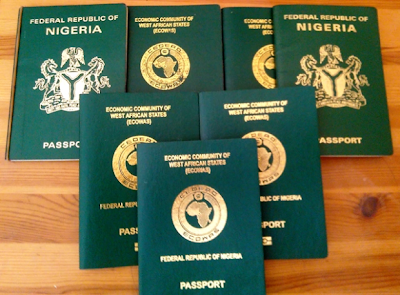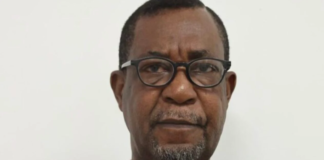The Presidential Enabling Business Environment Council (PEBEC) has asked the National Identity Management Commission (NIMC) to review the new fee it introduced on the verification of the national identification number (NIN) for passport applications.
On Monday, NIMC introduced a new charge of N1,000 for NIN integration and verification for each Nigerian passport applicant, with effect from April 1, 2023.
In a statement on Tuesday, Jumoke Oduwole, PEBEC secretary and special adviser to the president on ease of doing business, commended the idea, which she said would enable passport applicants to get faster and cheaper access to government services.
Oduwole also commended the Nigerian Immigration Service (NIS) for significantly improving the quality of service, accuracy, and speed of passport services through NIN verification.
She said the NIS’s move was in response to the incessant difficulties Nigerians experience in verifying their NIN during the passport registration process.
However, the PEBEC secretary, noted that the “additional cost for each applicant’s passport initiated by NIMC was not well received by stakeholders”.
“Furtherance to the provisions of the Business Facilitation (Miscellaneous Provisions) Act 2022 (BFA), which was signed into law by President Muhammadu Buhari on February 8,” Oduwole said.
“Codifying executive order 001 on transparency and efficiency of public service delivery, for the purposes of the ‘one government’ directive, where an applicant requires service from a ministry, department or agency (MDA).
“The MDA is however mandated to conduct the necessary verification or certification from relevant MDAs, in respect of the applicant. “
Oduwole explained that on May 18, 2017, executive order 001 (EO1) on transparency and efficiency was issued to strengthen the implementation of business climate reforms.
She said it was meant to also deepen collaboration among MDAs by instituting a systemic change management process for reforms.
“EO1 mandates MDAs to submit monthly reports to the PEBEC secretariat, the offices of the head of service (HOS) of the federation, the secretary to the government of the federation (SGF), and SERVICOM,” Oduwole added.
“On March 9, PEBEC released its 2022 executive order 001 (EO1) compliance report, in line with its promise to continuously track and keep the business community updated on the compliance with the executive order.
“In the last six years, the council has consistently published an EO1 compliance report, which captures a periodic empirical analysis of the monthly reports received from MDAs.”
The PEBEC, chaired by Vice-President Yemi Osinbajo, was established in July 2016 by Buhari to remove critical bottlenecks and bureaucratic constraints to doing business in Nigeria.













